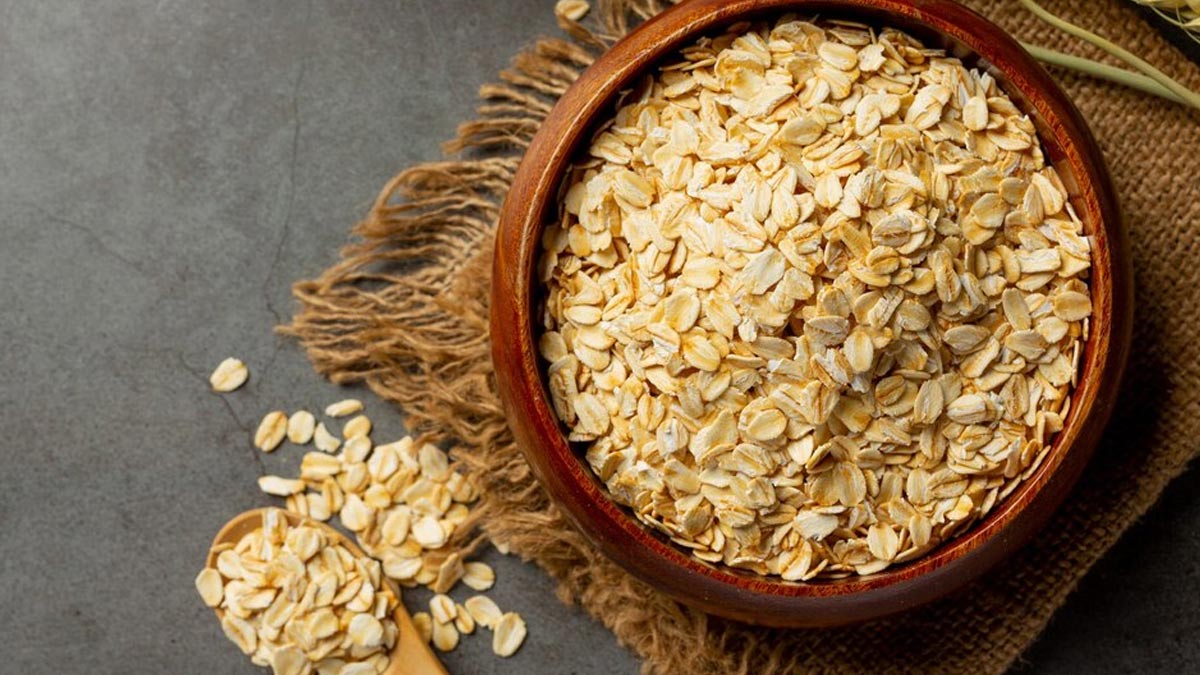
From digestive health to heart health, health experts and fitness enthusiasts have been shouting the benefits of whole grains from rooftops, for as long as a healthy diet has become an integral concept of society. However, when it comes to cognitive health, we are habitual of looking towards nuts, fruits and veggies.
Table of Content:-
Whole grains are often overlooked in the pursuit of cognitive prowess, but let me tell you that it can be one of the best allies yet. A recent study published in the American Academy of Neurology's journal revealed how eating more whole grains is linked to a slower decline in overall thinking abilities, processing speed, and memory.
Here's how whole grains contribute to cognitive function and why they should be a staple in our daily meals.
Nutrient-Rich Powerhouses

Whole grains, such as brown rice, quinoa, and oats, are rich in essential nutrients like fibre, vitamins, and minerals. These nutrients play a crucial role in supporting overall health, including brain function.
For instance, B vitamins found in whole grains, such as B6 and folate, are known to support cognitive development and help regulate amino acids which can cause cognitive decline.
Stable Energy Supply
The brain requires a lot of energy to function optimally and hence relies heavily on a consistent and adequate supply of glucose for optimal function.
Whole grains, with their complex carbohydrates, provide a steady release of glucose into the bloodstream, ensuring a stable and sustained energy supply to the brain. This contrasts with the rapid spikes and crashes associated with refined grains and sugars, which can negatively impact cognitive function.
Also Read: Whole Grains For Health: 6 Ways To Add It To Your Diet
Improved Blood Flow

It is a well-known fact that whole grains contribute to better cardiovascular health, leading to improved blood flow throughout the body, including the brain.
The enhanced circulation ensures that the brain receives an ample supply of oxygen and nutrients, promoting optimal cognitive performance. Numerous experts including the American Heart Association have suggested that a healthy cardiovascular system is closely linked to a lower risk of cognitive decline.
Antioxidant Protection
Whole grains contain a variety of antioxidants, such as polyphenols, that help protect cells, including those in the brain, from oxidative stress.
A 2023 study published in MDPI's journal Antioxidants implicated oxidative stress as a significant culprit in neurodegenerative disorders like Alzheimer's Disease and cognitive decline. Including whole grains in your diet can provide a natural defence mechanism against the harmful effects of free radicals.
Also Read: Heart Healthy Diet In Middle Age Can Protect You From Cognitive Complications In Old Age: Study
Hence, whole grains not only protect your heart, save you from diabetes, ease your digestion, and keep those extra kilos at bay, but they can also be a noteworthy ally to help you improve your cognitive health. From providing essential nutrients to supporting stable energy levels and protecting against oxidative stress, the benefits of whole grains extend beyond mere sustenance. Therefore, as we strive for overall well-being, let's not overlook the profound impact that whole grains can have on nourishing our most vital organ—our brain.
Also watch this video
How we keep this article up to date:
We work with experts and keep a close eye on the latest in health and wellness. Whenever there is a new research or helpful information, we update our articles with accurate and useful advice.
Current Version